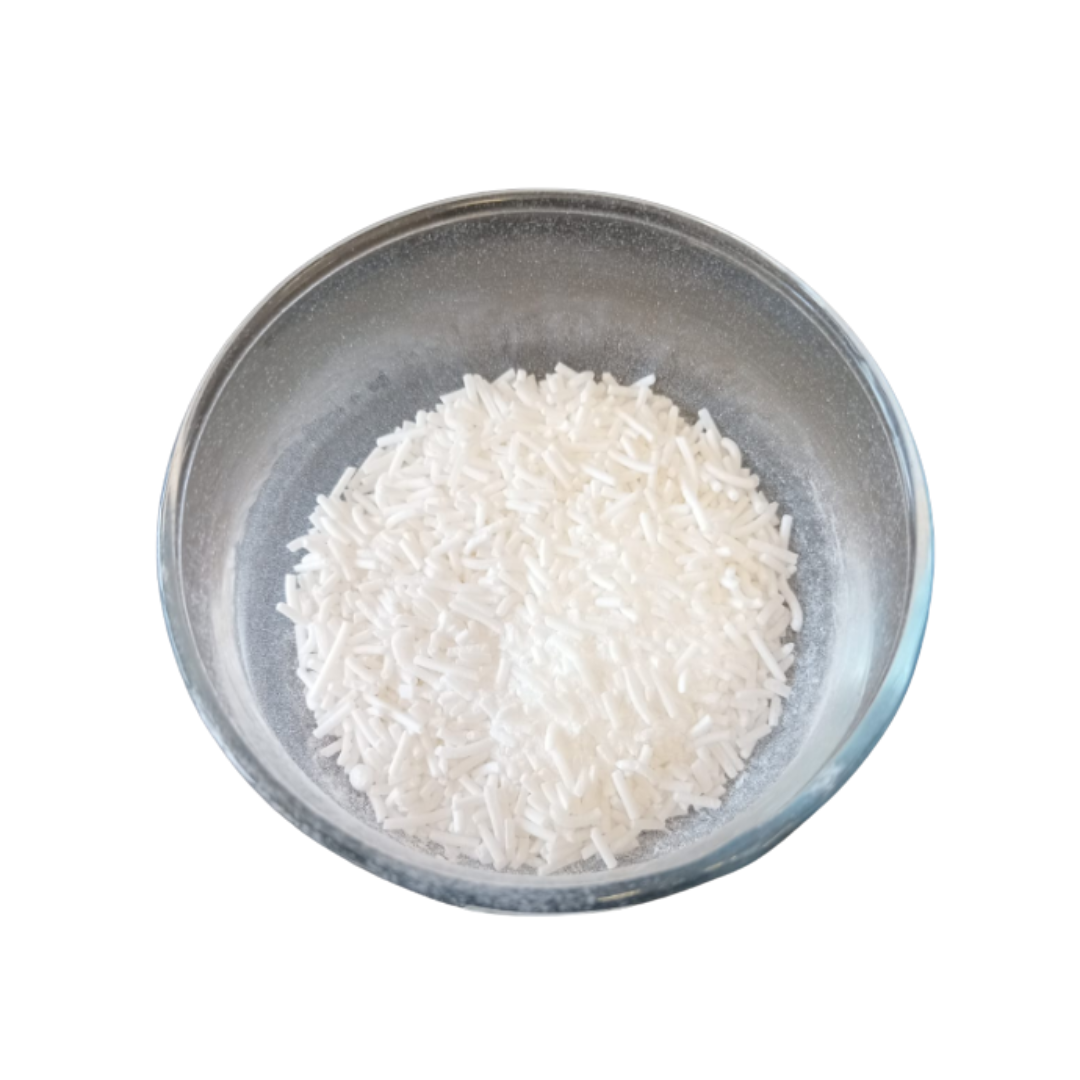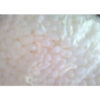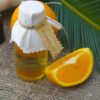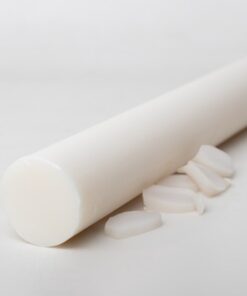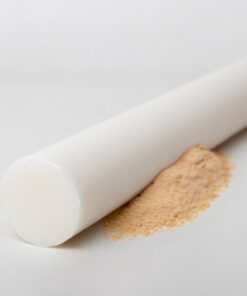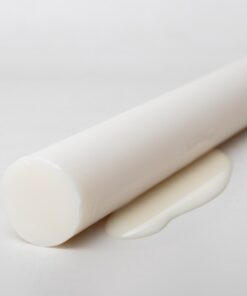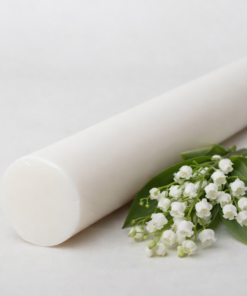SLS Needles – 1kg
R164,00
SLS Needles – 1kg – It effectively removes dirt, oil, and buildup, making it a staple in personal care and household cleaning products.
7 in stock
SLS Needles – 1kg
High-Foaming Surfactant for Soap and Cleansing Products
SLS Needles, also known as Sodium Lauryl Sulfate, are a powerful anionic surfactant used in soaps, shampoos, cleansers, and detergents. In needle form, SLS is easy to handle, melt, and blend into formulations, offering high foaming power and strong cleansing performance. It effectively removes dirt, oil, and buildup, making it a staple in personal care and household cleaning products.
While it delivers strong cleaning and lathering, SLS is best used in balanced formulations alongside mild co-surfactants to reduce potential irritation. When used correctly, it creates products with satisfying foam, superior spreadability, and excellent rinse-off.
Key Benefits of SLS Needles – High-Foam Cleansing Agent
-
Exceptional Foaming Power
Produces dense, rich lather in soaps, body washes, and shampoos. -
Effective Dirt and Oil Removal
Breaks down grease and buildup in both personal and home care applications. -
Easy to Melt and Blend
Needle format simplifies measuring and mixing in hot process recipes. -
Versatile Use in Cosmetics and Cleaners
Suitable for a wide range of wash-off products and detergent formulations. -
Cost-Effective Performance
Small quantities provide powerful cleansing at a low cost per batch.
Common Applications of Sodium Lauryl Sulfate in Formulation
-
Melt and pour soaps and body washes
-
Facial cleansers and scrubs
-
Shampoos and shower gels
-
Household cleaners and dishwashing liquids
-
Bubble baths and bath bombs
How to Use SLS Needles in Soap and Cosmetic Production
Use SLS Needles at 5%–20%, depending on the desired lather and cleansing intensity. Melt them gently into your water or surfactant phase, and combine with conditioning agents or moisturizers to balance the formula. Always perform patch testing and label accordingly when used in personal care items.
SLS Needles give your formulations the strong foaming and cleaning power needed for professional-grade results—perfect for everything from handcrafted soaps to commercial detergents.
| Weight | 1 kg |
|---|---|
| Dimensions | 30 × 30 × 30 cm |
Related products
Glycerine Melt and Pour Soap
Glycerine Melt and Pour Soap
Glycerine Melt and Pour Soap

